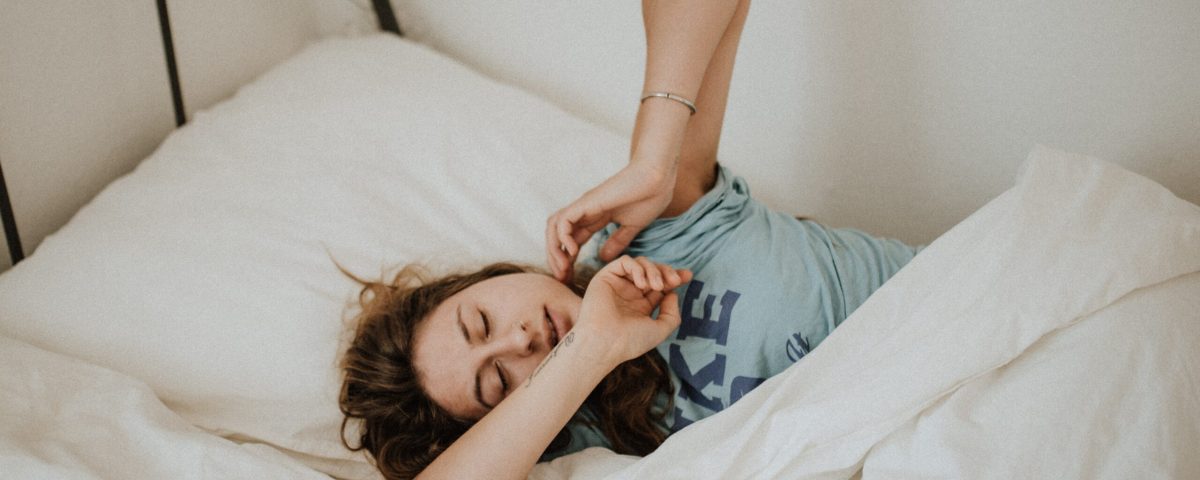self care 101
Part one
Online advice for self care can feel overwhelming and confusing.
If you’re struggling to make self care a priority or you’re confused about what is actually helpful, keep reading.
Self care has been a buzz word for quite a while now, and for good reason. In a world where we are encouraged to push ourselves for more money, a bigger house, a nicer car, or a perfect relationship, self care really doesn’t take priority – despite everyone talking about it. The other problem is that self care usually comes with a price. “Buy this candle to stop your anxiety”, “buy this pillow spray and you’ll sleep like a baby”, “buy this massage gun and you’ll never get injured again”, etc etc. This is just not true. Sure, I love a candle as much as the next person but there are definitely free and much more effective ways to self care. This four part series covers my top tips for how to improve your health and wellbeing which are simple and FREE.
Sleep, and it doesn't have to be complicated

Sleep is definitely one of the most important aspects of health that we want to try to optimise. Now just a quick point. As with everything in health and fitness, we want to optimise it but it doesn’t have to always be perfect. The stress and pressure we put on ourselves to be “perfect” with our self care will ironically cause more problems for us. Back to sleep. Experts strongly recommend that 7-8 hours per night of sleep is very important for adults . It helps our immune systems to work well, allows us to form memories and new skills, and enhances our emotional wellbeing. However if you don’t always get this amount each night, don’t worry. It happens, and as long as the majority of the time you’re getting a good night’s sleep, you’re probably doing alright.
Here’s what the research has generally found to be helpful to improve sleep, and what I’ve also found to work for most of my clients (and myself).
Have a regular bedtime. Aiming to go to bed at the same time most nights will help to form a routine for your brain. It will learn to start getting those sleep chemicals ready at this time every night so that you can fall asleep more readily.
Try a calming bedtime routine. This could be a skincare routine, reading something that is not too stimulating, or a specific meditation. This way once your head hits the pillow you’re not in a fight or flight “awake and alert” state, you’ll be in your rest and calm state.
Keep your bedroom as dark as possible. Have a check of your room tonight to see if there are any sneaky lights around, such as the ones from electronic devices. If they can’t be turned off fully try putting some black tape (duct tape or electrical tape for example) over the bulb or area where the light is coming from. If you have light coming from outside of your window this might be where you have to invest a little bit of money (but not much, and it should be a one-off purchase!). Black out curtains and blinds or eye masks may be helpful in this case.
The old “put your phone away before bed” suggestion. Now I 100% agree that if you can avoid using your phone as much as possible (not just at night but also during the day), your mental health and sleep will most likely improve A LOT. However, let’s assume this is just not going to happen and so here are a couple of suggestions. Change the setting on your phone to be “dark” mode for at least 30 minutes before your bed time. This means it won’t be the “awake” stimulating blue light that is coming from your phone that can prevent sleep chemicals and hormones from being released. And ensure that whatever you’re looking at on your phone is not too stimulating or one that can negatively affect your mood (Instagram, the news, etc).
If it’s not happening, just let it be. If you find you’re just not able to sleep for whatever reason, it’s best to accept that tonight’s not the night and that’s okay. Simply resting and allowing it to be will still be helpful. Clock watching and feeling frustrated will either just keep you up for longer or you’ll end up so stressed that this will end up overriding the benefits of good sleep. There are other possible methods to help fall asleep but for today I’d say this is a pretty consistent approach to help.
If you would like to find out more, would like to organise a workshop or seminar with me, or work with me please just get in touch here! I would love to hear from you.
